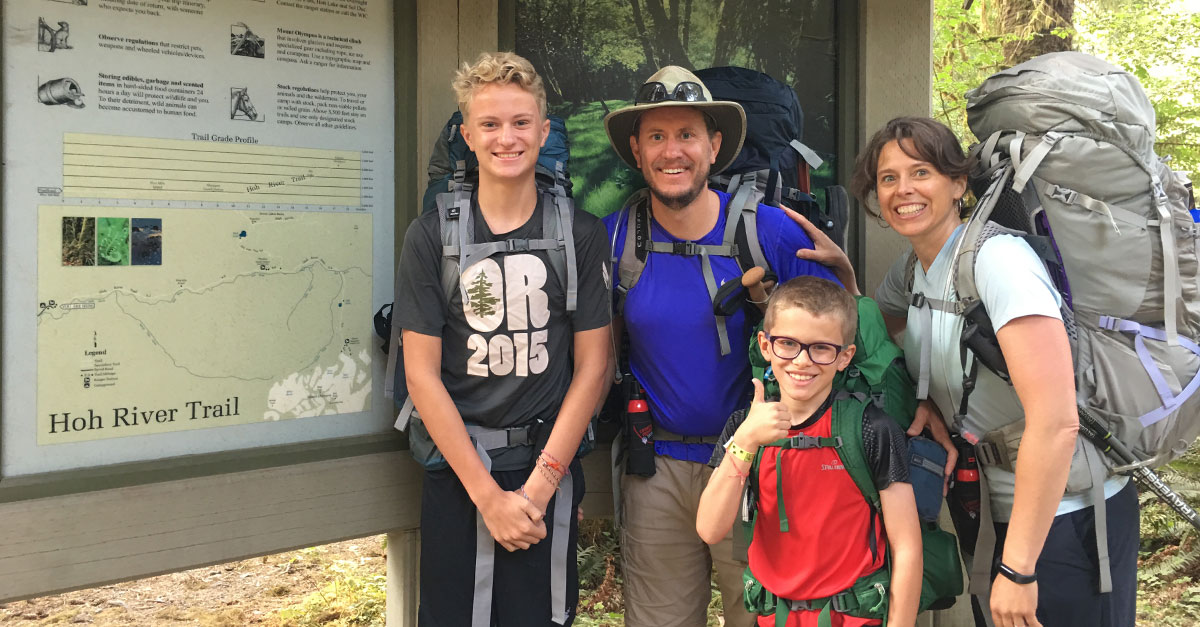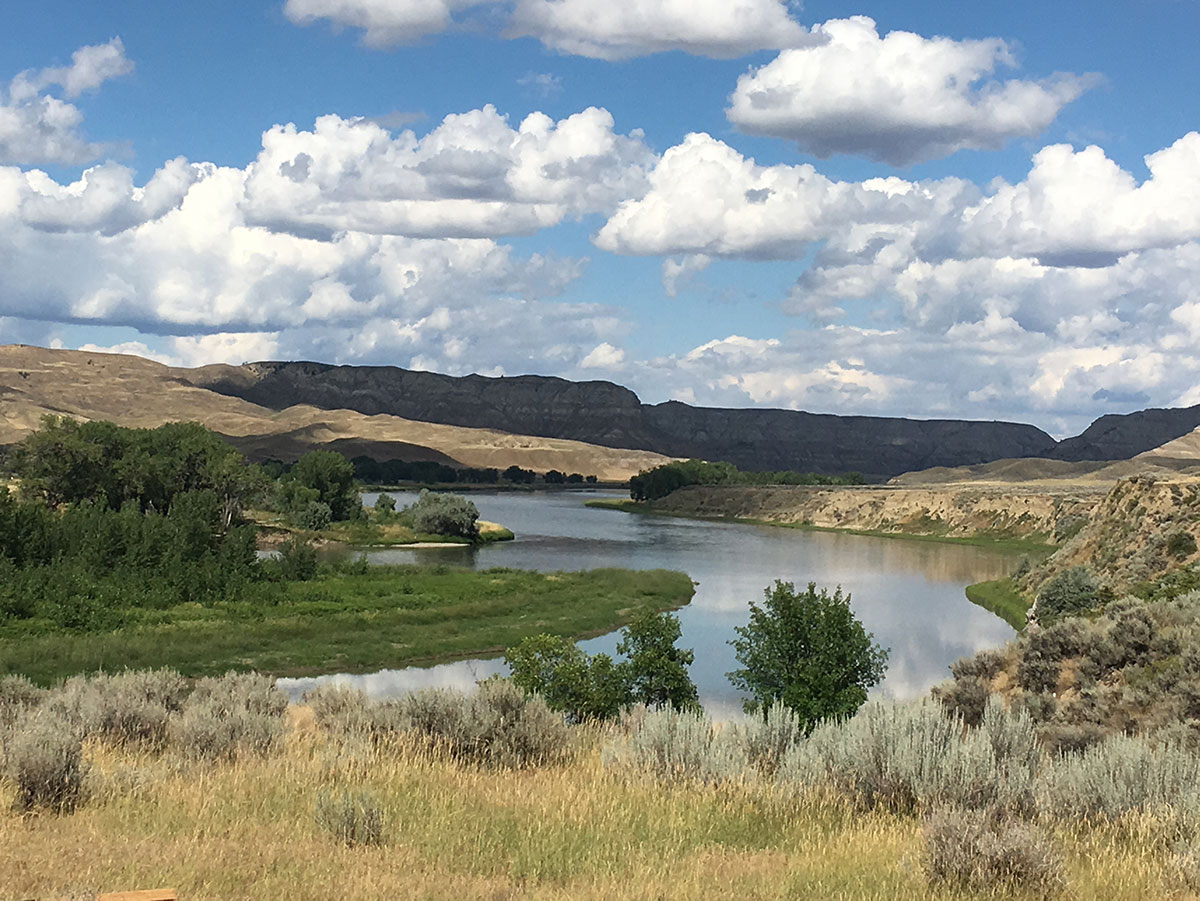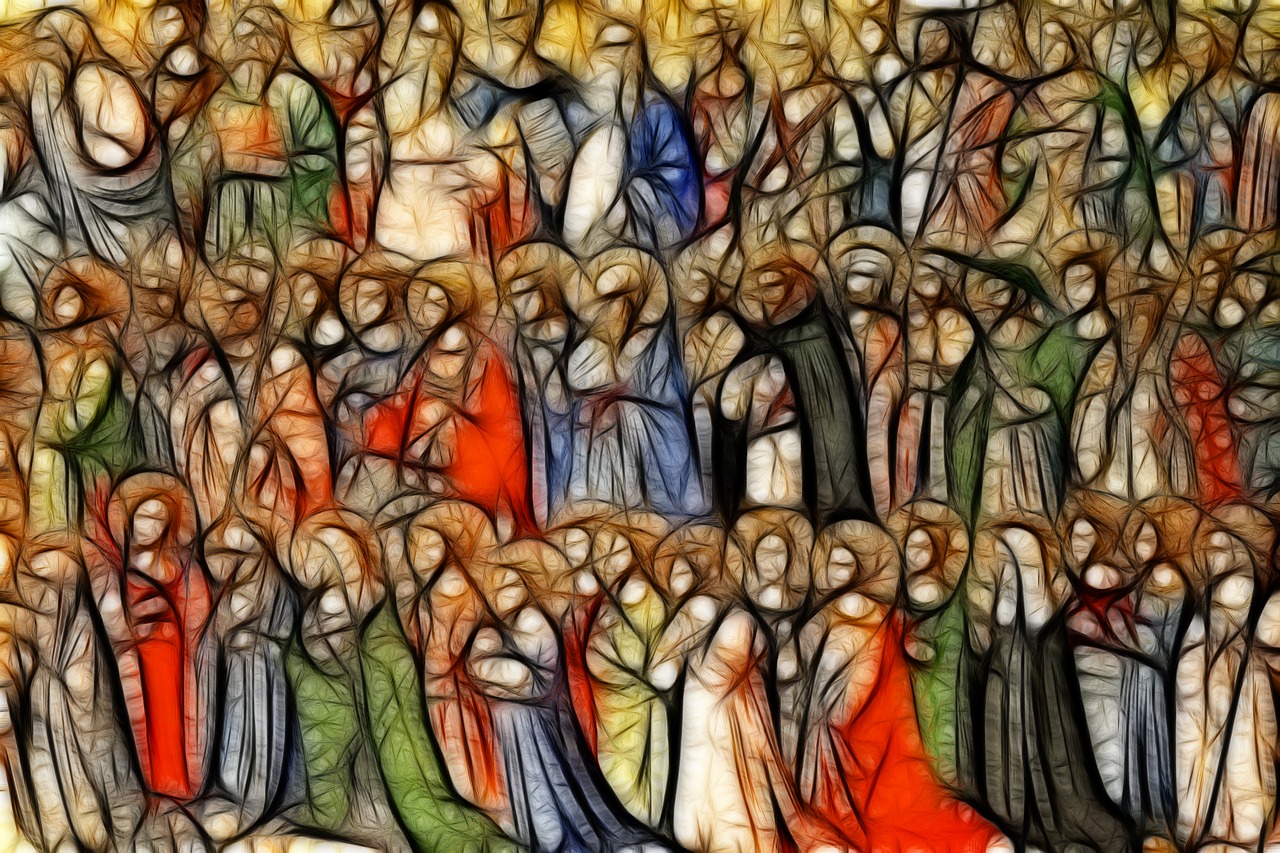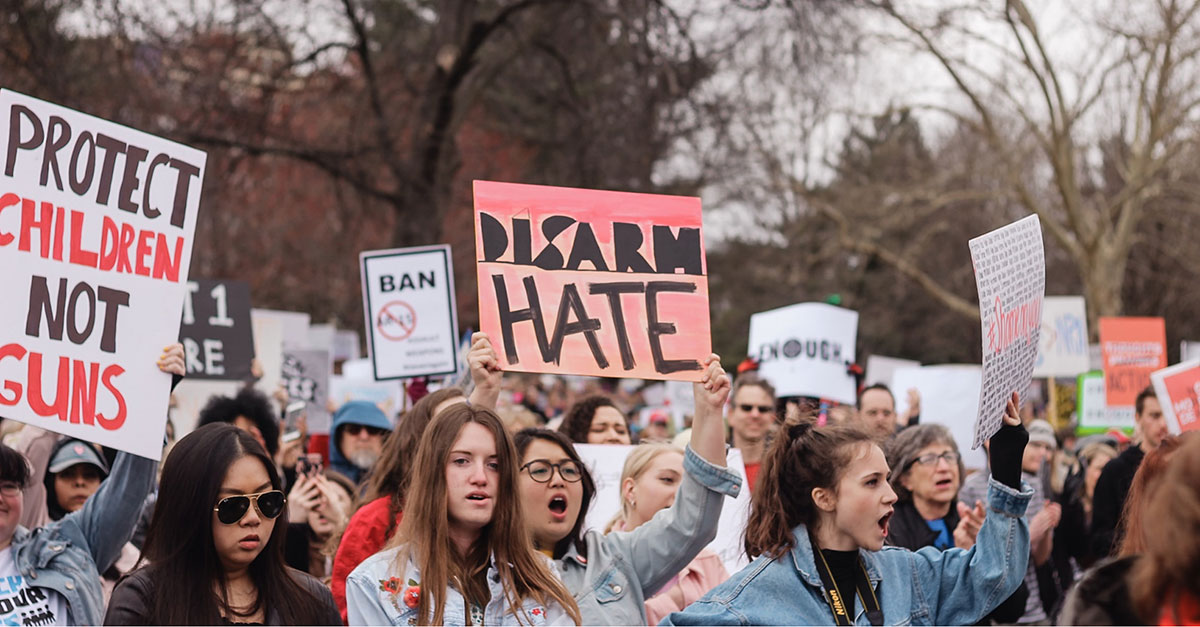Patterns of Hope
On Being Fully Human
New Expression of Methodism
Awe and Wonder!
God in the End
A Revelation Revelation
Hospice Moments
Three Promises Amid Violence
CRISES OF OUR TIME: Racism, Despair, Violence

I join Hispanic/Latinx United Methodists in calling for ACTION following three more mass shootings in America. God calls us to protect the innocent, and yet we permit people who are driven by racial hatred, mental illness and demons that are sometimes impossible to discern, to own and use weapons of mass murder to kill unsuspecting, undeserving innocent people. The two-month old baby who survived in El Paso because her parents sacrificed their lives to protect her has become a prayer icon as I grieve and look for a better way.
Taken together, conditions in the United States of American today are explosive:
- an embedded culture of white privilege (read White Fragility, by Robin Diangelo),
- a sense of white disenfranchisement (read Alienated America, by Timothy P. Carney),
- unfettered access to military weapons, and
- conditions of extreme poverty, corruption and gang-violence making life unbearable in Latin America, leading to migration across the southern border of the United States .
Prayers after the fact won’t reduce the risk of another attack.
The stones cry out and so do the people. “DO SOMETHING!” Pray! Yes. Light a candle! Yes. Weep! Yes. If we are not weeping, we have lost our love for our neighbors. Gather with your neighbors to bear witness to the goodness and kindness of human communities that embrace cultural difference and respond to people in need! yes.
But also SHOUT OUT! to protect the innocent and vulnerable. Write your congress persons, advocating humane immigration and refugee policies. Speak to gun merchants in your neighborhood, asking about what weapons they sell, and what their safety practices are. Let them know your concerns. When you vote, consider the poor, tired huddled who travel to our borders seeking safety, liberty, opportunity. Use social media to let your voice be heard and shared and spread.
Fellow followers of Jesus: BE the Church! ACT YOUR FAITH! Bring the good news that God loves you to everyone in your community. Find ways to connect with disaffected, isolated white men on the margins. Build bridges between newly arrived immigrants and members of your community who have lived here their whole lives. Learn about opioid addiction and how to help people out of its grip.
Christians and other thoughtful, compassionate people need find a way to advocate for policies that protect the public safety in the face of violence that is out of control. We can’t let ourselves become complacent as gun violence becomes normal. The debate about gun rights and gun control generates more heat than light. As people of open minds, it’s time to test our knowledge and our values about guns, gun rights and gun control against the teachings of Jesus. Gun rights and mass shootings are not ALL-or-NOTHING matters. The right to bear arms was only guaranteed by the Supreme Court in 2008. Before that it was never absolute, it was always limited and subject to interpretation.
It’s easy to get overwhelmed by anxiety on so many fronts at the same time. That’s why we pray to get in touch with the power of the Creator of the Universe, who is working in and through, and in spite of us to care for all the children of the world. I know we can’t all do everything that needs to be done. But we can each do something.
For Christ’s Sake, DO SOMETHING!

Elaine JW Stanovsky
Resident Bishop








